9 Phrases You Need to Remember to Help You in an Emergency

When emergencies happen, it is easy to find yourself frozen or tongue-tied. That becomes even more inevitable when you are in an environment where the language used is not your native tongue. But during such moments, you must remain calm to remedy the situation. It is also crucial that you can communicate properly so that you can find help or fix the problem more effectively. Here are nine phrases that you need to remember if or when you are in an emergency.
Call an ambulance!
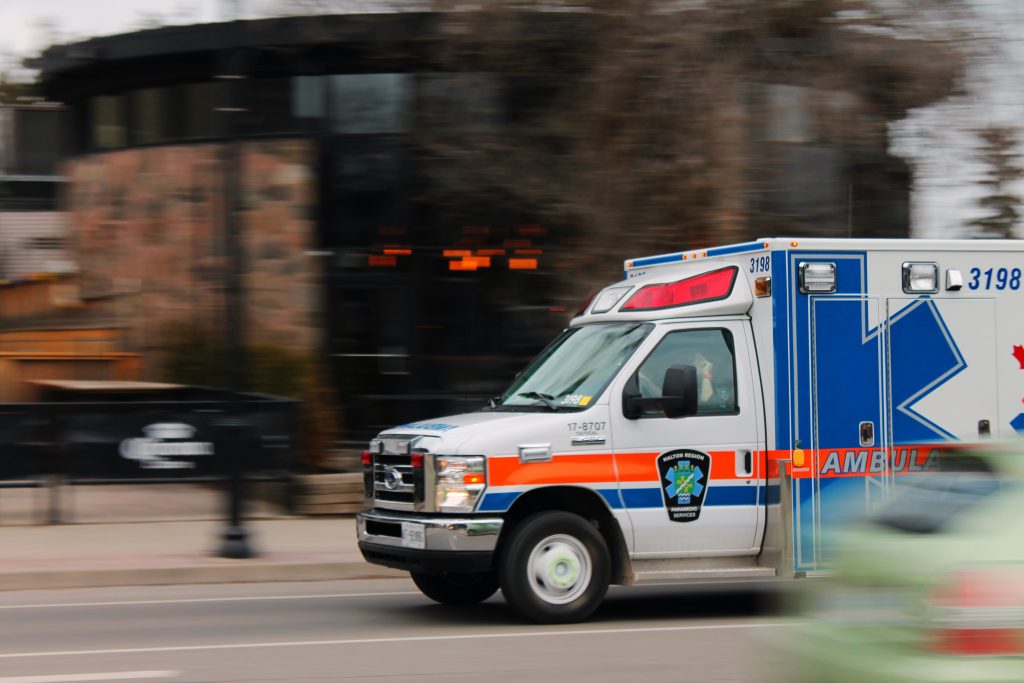
In a medical emergency, finding an ambulance that can transport you or someone you love may mean the difference between life and death. You should always have emergency contact numbers at the ready; you can have a card with all of them listed kept in your pocket, store the details on your phone, or memorize them. In case you do not, though, the phrase “Call an ambulance!” is what you need to say to ask other people to contact emergency responders for you.
Examples:
Please call an ambulance for me because I am not feeling so well.
Can someone call an ambulance? My friend fell down the stairs.
We need to go to the hospital. Please call an ambulance right now!
Call the authorities!
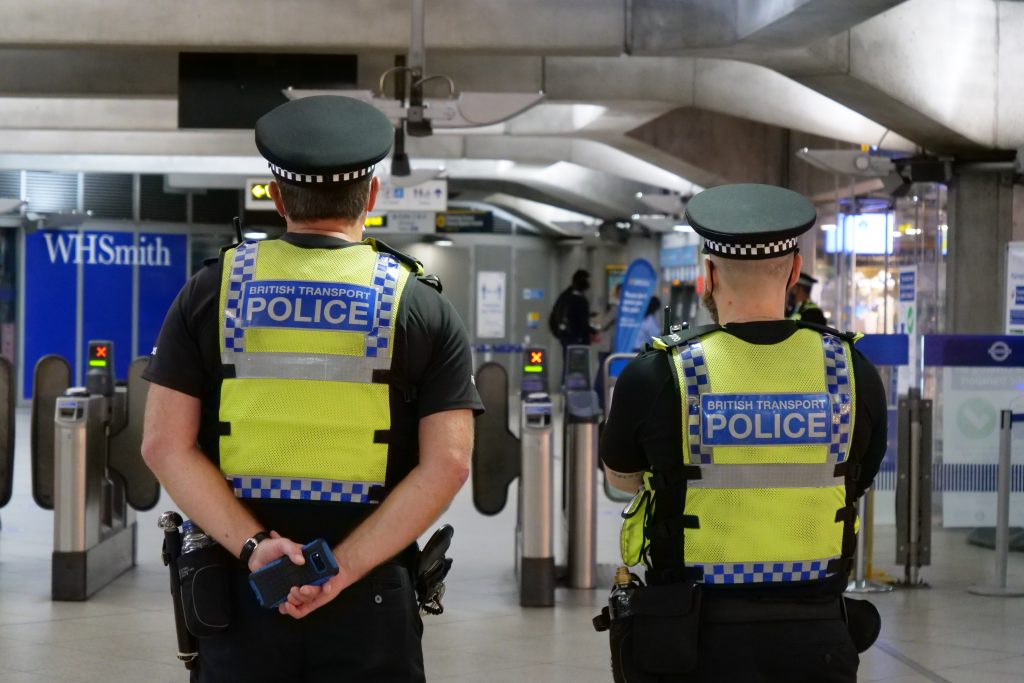
There are emergencies that need other authorities to respond instead of just an ambulance. You can use the phrase “Call the…”, filling the blank with the necessary people or group that you might need help from during a specific emergency situation. You can ask to get the police when there is a crime, the firemen when there is a fire or the doctor for a medical emergency.
Examples:
There is a fire two houses down, so call the fire brigade!
Call the police! There was a robbery next door.
He has been sick for a couple of days already, so I think it is time to call the doctor.
Does anybody know CPR?
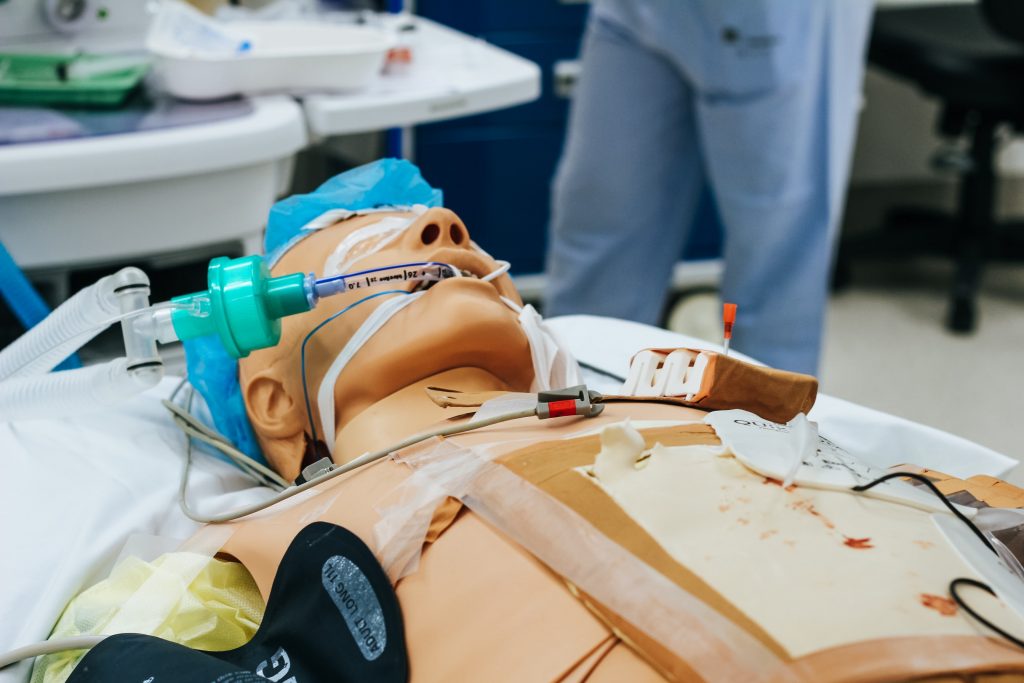
CPR is an abbreviation for cardiopulmonary resuscitation. It is an emergency procedure performed in medical emergencies wherein a person’s heart stops beating. It is one of the basic lifesaving techniques taught in first-aid training, so many people know how to do it.
The phrase “Does anybody know CPR?” is one you can use when faced with a situation where a person needs to be resuscitated (reviving a person from unconsciousness or near-death). Likewise, if you know CPR and you hear the phrase, you can volunteer to help.
Examples:
He is not breathing. Does anybody know CPR?
Does anybody know CPR? Please help us!
She passed out and is still unconscious. Does anybody know CPR?
Do not worry; it will be alright.

Emergency situations are scary. So when you can give assurance to a concerned friend, loved one, or even stranger, it would be a great help to do so. Telling somebody not to worry and that things will be okay or alright can ease their distress and help them calm down, allowing them to think clearer.
Examples:
The doctors said he will be up soon, so do not worry. It will be alright.
Do not worry. I am sure that Tom will be alright. He has always been a fighter.
Do not worry. I will keep you company at the hospital the whole time. Everything will be alright.
I am hurt/injured.
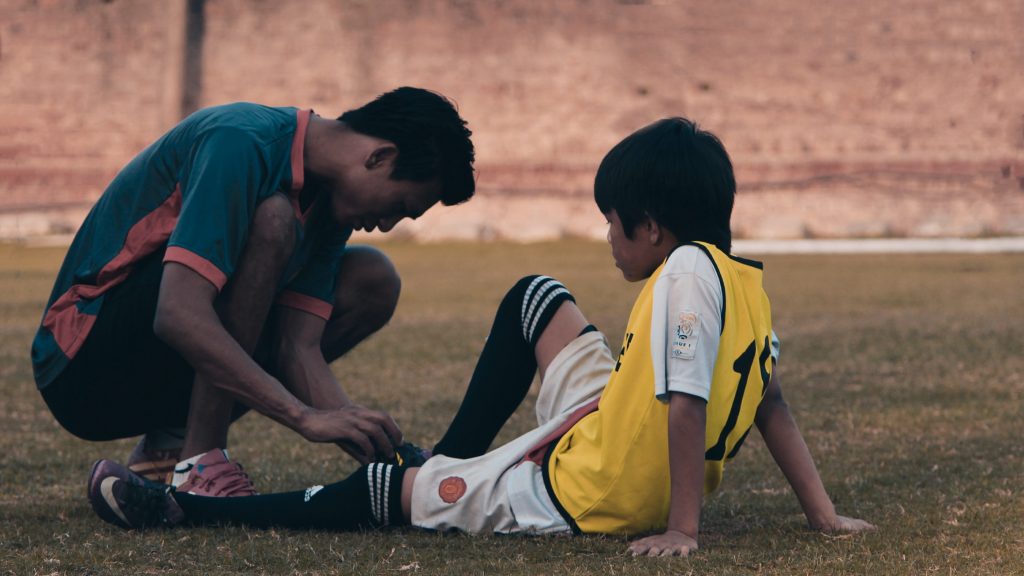
“I am hurt/injured” is a simple, straightforward phrase that lets people know that you are not okay; that you are feeling negative effects in your body because of physical harm. You can say these to medical responders, doctors, or persons concerned when you have wounds, broken bones, internal pain, or anything that will need to be checked by a health worker.
Examples:
I have injured my foot so I cannot walk.
I accidentally sliced my hand while cooking, so I am hurt.
I need to go to the hospital for I have been injured.
I have hurt my…

Once you have established that you have been hurt or injured, it would be helpful to communicate what it is exactly you are feeling. The phrase “I have hurt my…” is a good way to start describing exactly what is in pain. Just complete the sentence with the part of the body that is hurting.
Examples:
I have hurt my shoulder. I cannot move it!
Hello, doctor. I believe I have hurt my left foot because I cannot step on it; I have been limping since this morning.
I hurt my hip the other day, but it is feeling better now.
Look out!/Watch out!
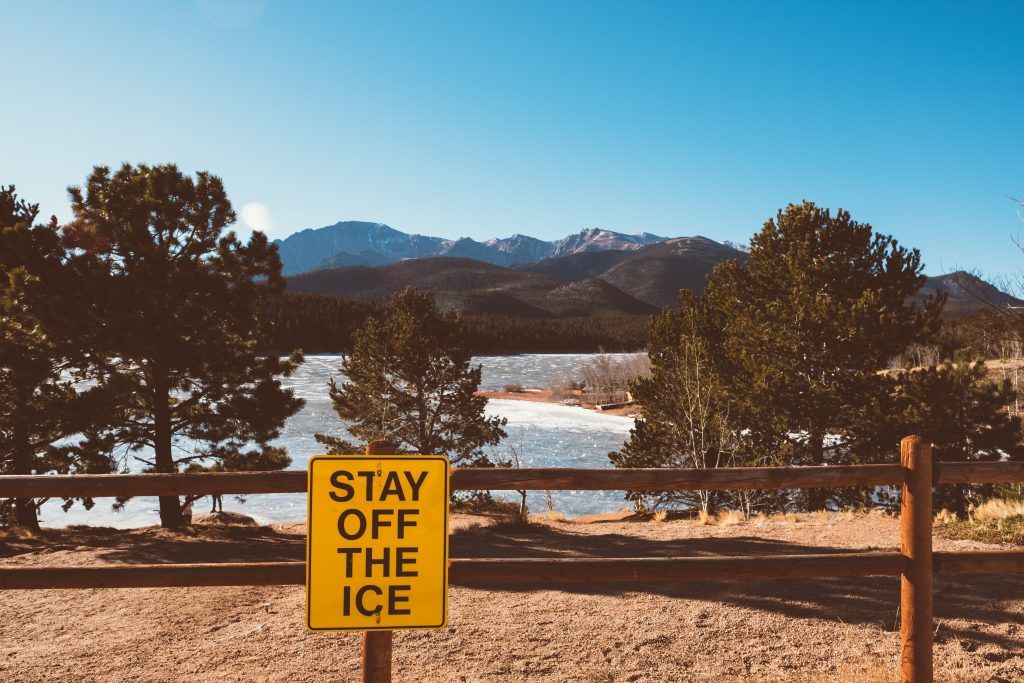
“Look out!” or “Watch out!” are two short but meaningful sentences that you can say when you would like to warn another person about possible danger. You can shout it to a person who looks like they might get into an accident, such as people who are not looking at where they are going or individuals who are not aware of dangerous activity near them.
Examples:
Lookout. There is a pothole up ahead!
There are many bad people in that neighborhood, so you better watch out when you visit.
Look out! You are going to fall!
I have lost my… / I can’t find my…

When you have misplaced one of your items and are asking for help to look for it—either from a friend or the authorities (for more important things such as official documents), you can say, “I have lost my…” or “I cannot find my…” to describe what you are missing. Just complete the sentence with the name of the item.
Examples:
I must go to the Embassy for I have lost my passport.
I can’t find my keys. Do you know where they are?
I have lost my identification card, so I have to apply for a new one.
There has been a theft/robbery/burglary.

In a situation where a person steals something from another, you can use the phrase “There has been a theft/robbery/burglary” to describe it. Theft and robbery mean the same (that is, stealing others’ property); meanwhile, burglary involves illegally going into someone else’s property to steal something.
Examples:
Hello, officer. I am calling to report that there has been a burglary at my home last night. The culprit stole my laptop.
There has been a theft at the office, so they are questioning suspects.
I heard there was a robbery at the shop last night. I have already talked to the officers about it to help.
LingualBox is a one-on-one tutoring site that helps ESL learners improve their English language skills. We teach you everything you will need to know to communicate for school and work. And we even equip you with necessary terms and phrases that you might need for everyday conversations—even for emergencies! Book a class now to learn more.
